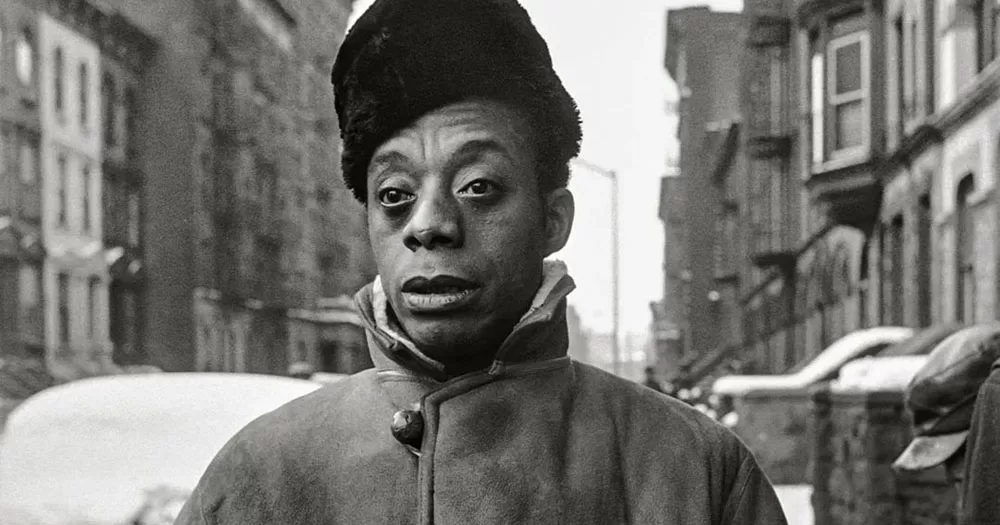James Baldwin’s work has been experiencing a renaissance in recent years, especially in light of Raoul Peck’s 2016 documentary, I Am Not Your Negro, the Academy Award-winning 2018 adaptation of his novel If Beale Street Could Talk, and the announcement of a forthcoming biopic featuring Pose star Billy Porter.
But Baldwin’s legacy far outweighs these on-screen accolades both in his enormous literary cannon and, more importantly, in the voice he gave to the Black and homosexual communities in the US during the 50s and 60s.
Born in Harlem, New York, on August 2, 1924, James Baldwin was the eldest of nine. He was raised by his mother and Baptist stepfather in a low-income household.
Baldwin’s first novel, Go Tell It on the Mountain, was published in 1953 and was followed by his first book of essays, Notes of a Native Son, in 1955.
Whilst both publications dealt with common themes of the author’s work, such as racial identity, the isolation of the artist, and the problems of American society, it wasn’t until his second novel, Giovanni’s Room, that he truly laid claim to his identity as a queer black writer.
Giovanni’s Room dealt explicitly with homosexuality and was published at a time when few other writers dared to publish gay-themed works.
In his 2013 article for the New York Review, ‘On James Baldwin’, Darryl Pinckney eloquently described what it meant to discover the queerness in the novel and essayist’s writings.
“No other black writer I’d read was as literary as Baldwin in his early essays… There is something wild in the beauty of Baldwin’s sentences and the cool of his tone, something improbable, too…”
View this post on Instagram
However, as a gay African-American, Baldwin struggled with his identity in a racist and homophobic society. His sexuality clashed with his activism in the black civil rights movement, leaving him at odds with close friends like Martin Luther King Jr and Malcolm X.
In one of the interviews published in Conversations With James Baldwin, a collection of interviews with Baldwin covering 1961-1987, he is quoted as saying: “Everybody’s journey is individual. If you fall in love with a boy, you fall in love with a boy. The fact that many Americans consider it a disease says more about them than it does about homosexuality.”
This struggle resulted in James Baldwin ultimately leaving America for good and moving to the South of France, where he died from stomach cancer in 1987.
Baldwin’s work has gone on to inspire countless queer black voices since. In recognition of his contribution to queer culture and history, in June 2019, he was one of the inaugural 50 American “pioneers, trailblazers, and heroes” inducted on the National LGBTQ Wall of Honor within the Stonewall National Monument, the first national monument in the US dedicated to LGBTQ rights and history.
© 2023 GCN (Gay Community News). All rights reserved.
Support GCN
GCN is a free, vital resource for Ireland’s LGBTQ+ community since 1988.
GCN is a trading name of National LGBT Federation CLG, a registered charity - Charity Number: 20034580.
GCN relies on the generous support of the community and allies to sustain the crucial work that we do. Producing GCN is costly, and, in an industry which has been hugely impacted by rising costs, we need your support to help sustain and grow this vital resource.
Supporting GCN for as little as €1.99 per month will help us continue our work as Ireland’s free, independent LGBTQ+ media.

comments. Please sign in to comment.